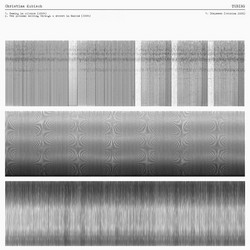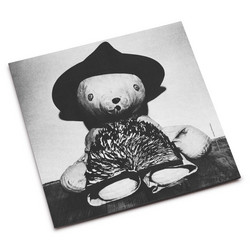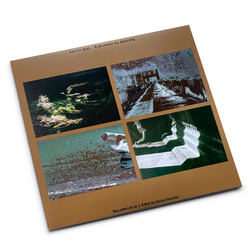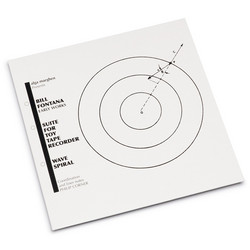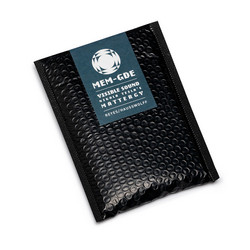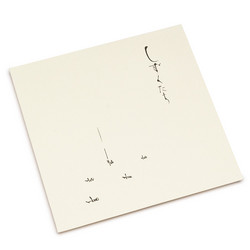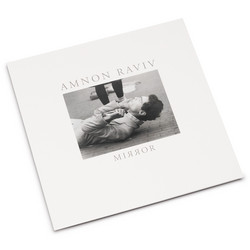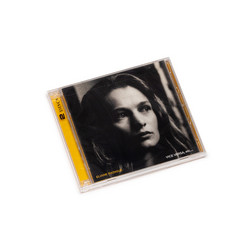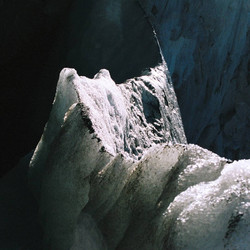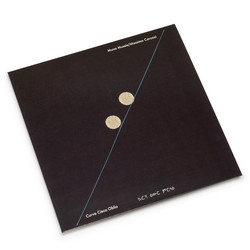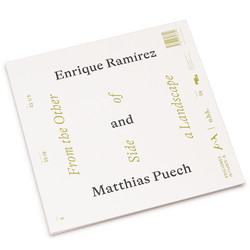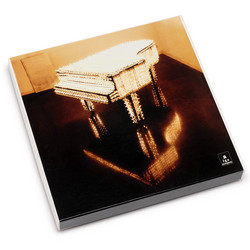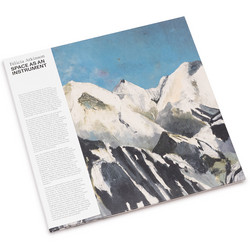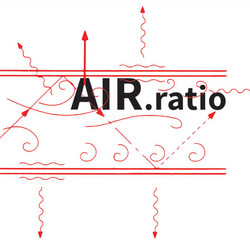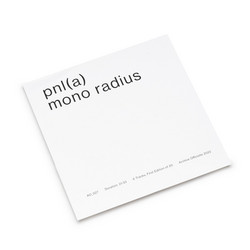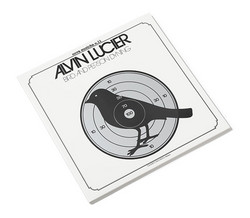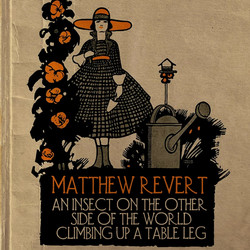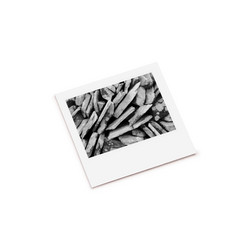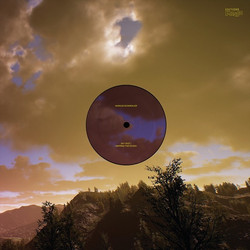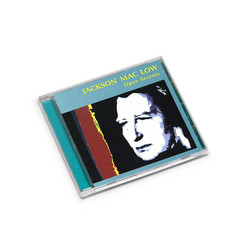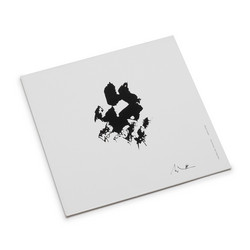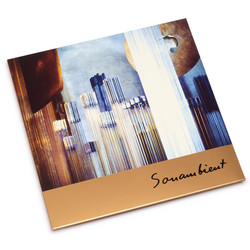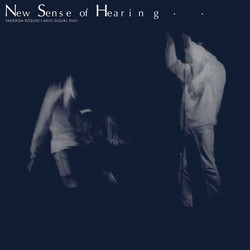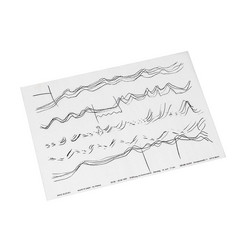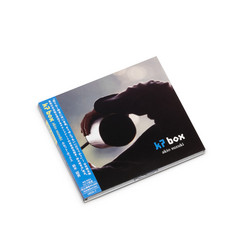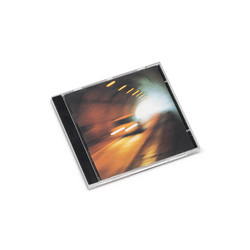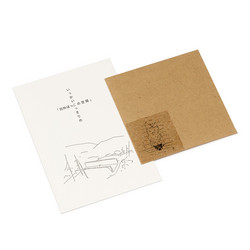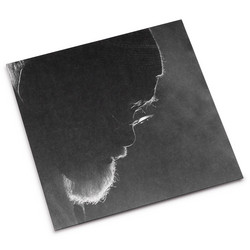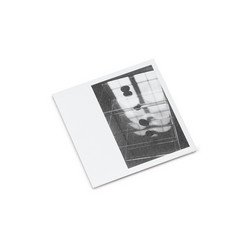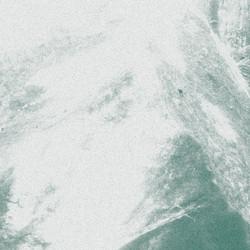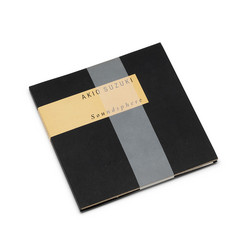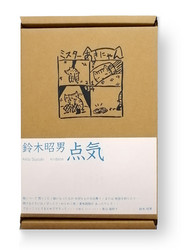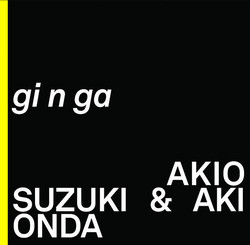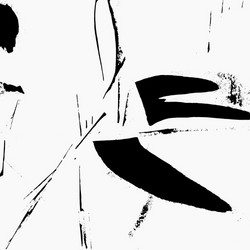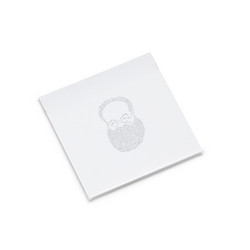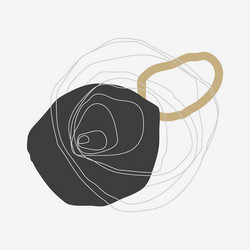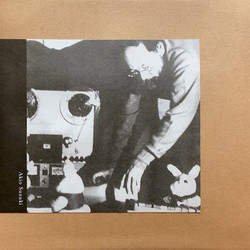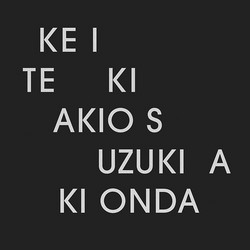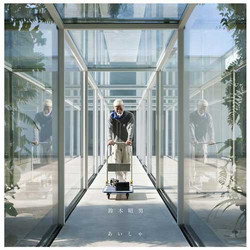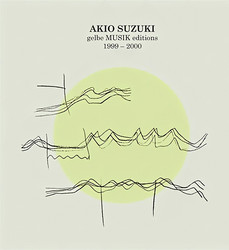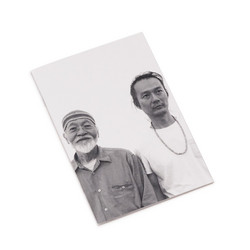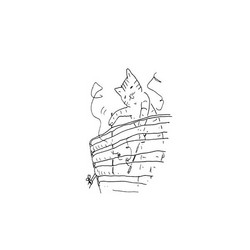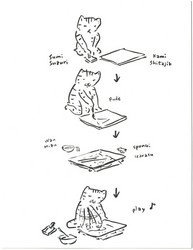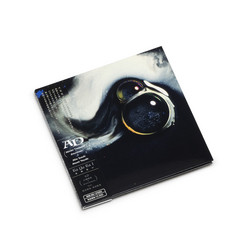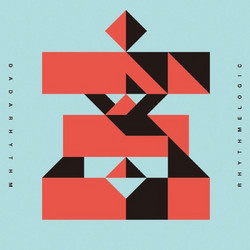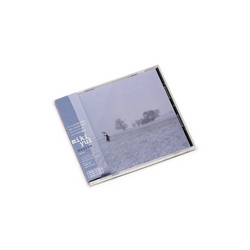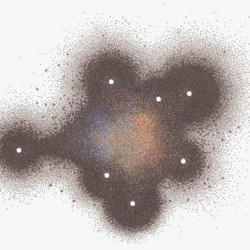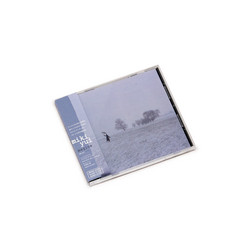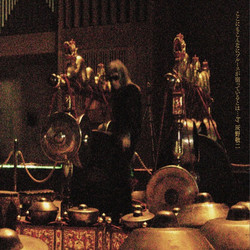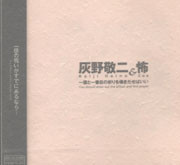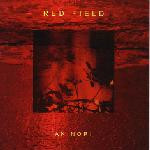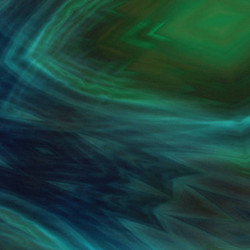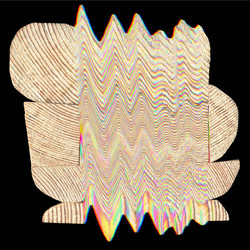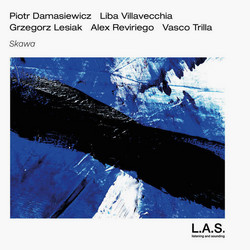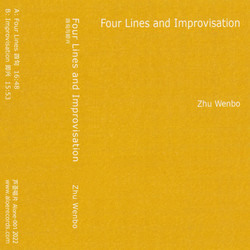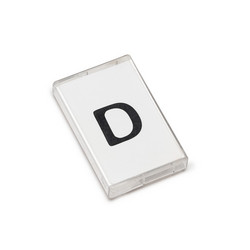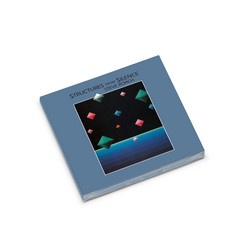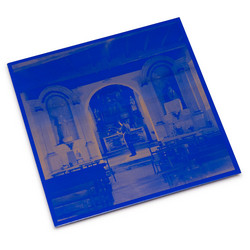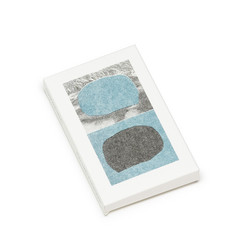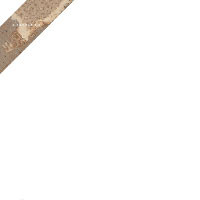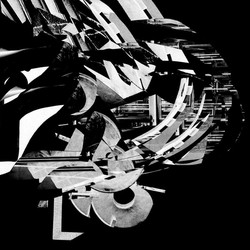* long out of print, few copies back in stock * Akio Suzuki has been making earthy yet ethereal sounds for over four decades now, all quietly emanating from the Japanese countryside. Born in 1941, he's made outdoor sound the focus of his career, constructing installations that transcend space and time, turning the outside world into a lucid daydream. In 1997, Suzuki analyzed the French town Enghien-Les-Bains, precisely mapping out (with footsteps) areas where echoes were most resonant. He built a simple concrete enclosure on the banks of their lake, designed to eliminate vision but maximize sound, a natural sensory amplifier with disorienting, very Zen implications. Barely available on record, some of Suzuki's experiments are finally captured on this two-disc compendium available from Horen (most readily available in the US from Forced Exposure).
Most pieces grow out of wind-swept silence, sometimes gathering the force to transform into typhoons of feedback (see "Howling Objects"), but most of this sound barely brushes across the leaves, turning all into Aeolian harps. "Analapos '70", named after an instrument Suzuki built himself, echoes like Watazumido Shuso's bamboo flute drawing its breath through Aphex Twin's ambient hull, an aural free fall that lets the body blow about, weightless. As Jim O'Rourke nicely put it, Suzuki's music "reminds us that we don't need to rush to feel alive, don't need to 'be somewhere' in the next 15 minutes, because we're already 'there', all you have to do is listen."
"Drumming" builds to incomprehension, as incessant waterfalls on a hand drum cascade beyond any rhythmic pattern. The birds and glass tubes of "Ha Go Ro Mo" float between a Pygmy lukembi, Tibetan prayer bowl, and Javanese gamelan, vibrations somehow disembodied from any obvious geography. Most peculiar on the double-disc set is "Plate Juggling", an archived performance from 1984. Set up for lock grooves on three record players, Suzuki's sounds at times approximate ducks on a pond, kazoos, and Tuvan throat singers. As these odd bursts of quacks and skronks build, the audience's unmitigated laughter becomes yet another source, finding its place among the inimitable noises. At turns minimal and maddening, this piece makes for a most singular listening experience, drastically altering concepts of what can be made from such grating sounds.
Suzuki's unadorned sense of play has been cause for admiration: O'Rourke, David Toop, and Eye from Boredoms all sound off in wonderment of what he's capable of creating from such nondescript items. To simply suggest that Suzuki makes incredible soundscapes out of sun-baked brick echo chambers, elongated springs, looping records, rocks, or empty beer bottles is to falsely convey that he's somehow distinct from these objects. As ancient scribe Tzu-ch'I put it: "Blowing on the ten thousand things in a different way, so that each can be itself-- all take what they want for themselves, but who does the sounding?"
